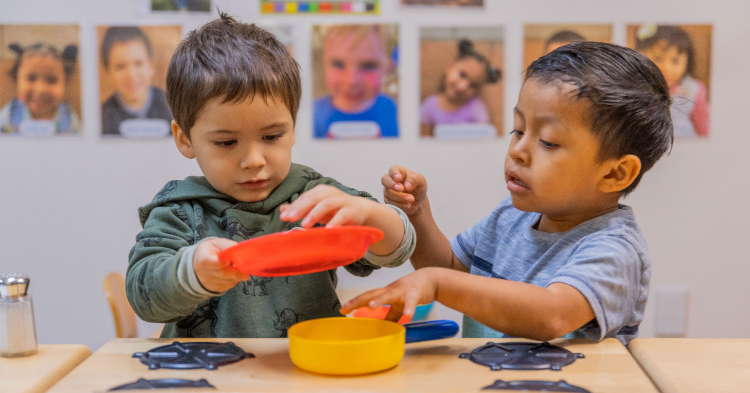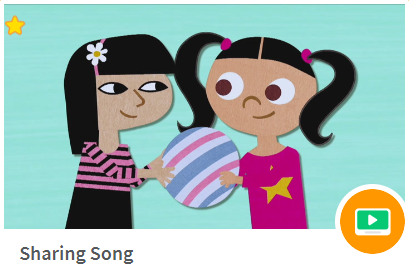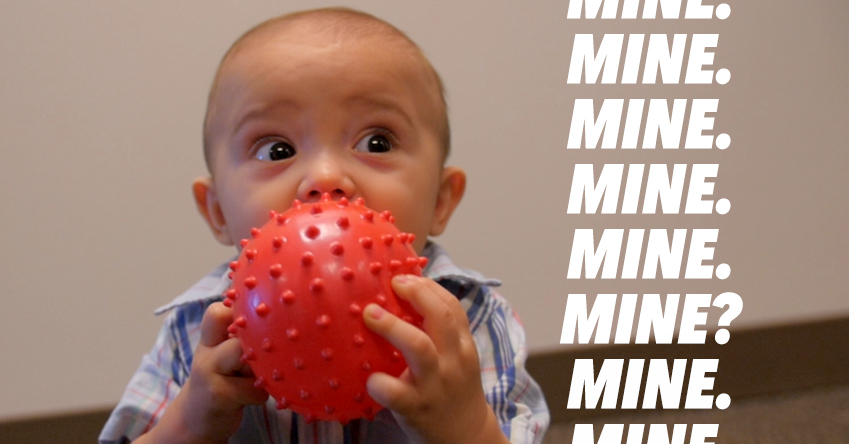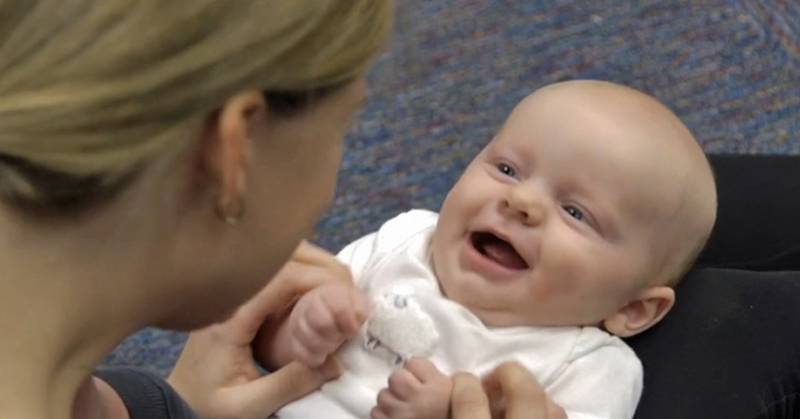
Sharing is caring. It’s a social skill that is very important to many parents, seen as part of being a good brother or sister, a good friend, and a good child.
Many parents also have unrealistic expectations about when little ones are capable of sharing. A recent survey showed that 43% believe children can master this skill before age 2. The truth is, young children aren’t ready to share as early as you might think.
What is sharing?
Oftentimes, when parents want their child to share, they really mean they want their child to take turns, a similar, but slightly different concept.
Sharing involves giving some of something to someone else, like asking your child to give some of a banana to their younger sibling. Taking turns, though, involves asking a child to give all of someone they want away to another child. Both of these skills can be difficult for young children, who are generally self-focused, which is a normal part of how they develop.
“I think it’s important to note that all children struggle with sharing and turn taking in early childhood,” said Kat Willard, Senior Director of Family Support and Literacy at First Things First, “because they have not yet developed the skill set to share or take turns.”
Learning to share requires children to understand their own feelings and to recognize that other people have feelings, too. These are advanced social and emotional skills for young children, who are still developing their sense of self and learning about the world around them.
Child development experts say that most little ones don’t learn how to share until around age 3 or 4. And some children may be even older before they fully understand the concept and learn how to share.
“As parents, and as a society, we often want things from our children that they are not capable of doing,” said Willard. “We need to remember that, relatively speaking, they just got here on our earth and have only been learning about the way our world works for a very brief period of time.”
Helping your child learn to share
Having realistic expectations for what your child is and isn’t capable of at their specific age can help you be more prepared as a parent.
Sharing is a complex skill that develops over time. While it won’t happen overnight or in a single weekend, your love, support and patience can help your little one learn to share.
If your 2 year-old gets upset when asked to share a sand bucket on the playground, know that this is completely understandable and right on par for what a 2 year-old should be doing. At this stage in development, toddlers are learning the concept of ownership, and that bucket is theirs!
There’s nothing to be embarrassed about when your little one struggles with sharing. Your child is just learning and developing. It’s a process.
“Parents can help their child learn to share, over time, by modeling the behaviors they want to see,” said Willard, “and by helping their child understand that other people have thoughts and feelings, too.”
Here are a few more ways Willard says you can support young children on their journey to learning how to share and take turns.
Tell your child what is happening and use the phrase “take turns.”
This helps children prepare themselves, rather than be told in the middle of their play, “We’re going to share the toy with Thomas now.”
This helps the child understand that they will get the toy back. It may sound something like, “Micha, we are going to take turns with Thomas. You’re playing with the Lego now, and then it will be Thomas’s turn to play with them for a while. And then it will be your turn again.”
Don’t expect your child to share their very special toys or blanket.
You can keep these items out of sight, or if a child attempts to play with another child’s favorite item, be a voice for them. You might say, “Thomas, this is Micha’s special blanket. It is really important to her. I am going to put it in her room to keep it safe. I can help you find something interesting for you to play with.”
If you have questions about your child’s healthy development at different ages, visit our Ages & Stages tool. It features detailed information about what most children can do by each age in a number of categories.





